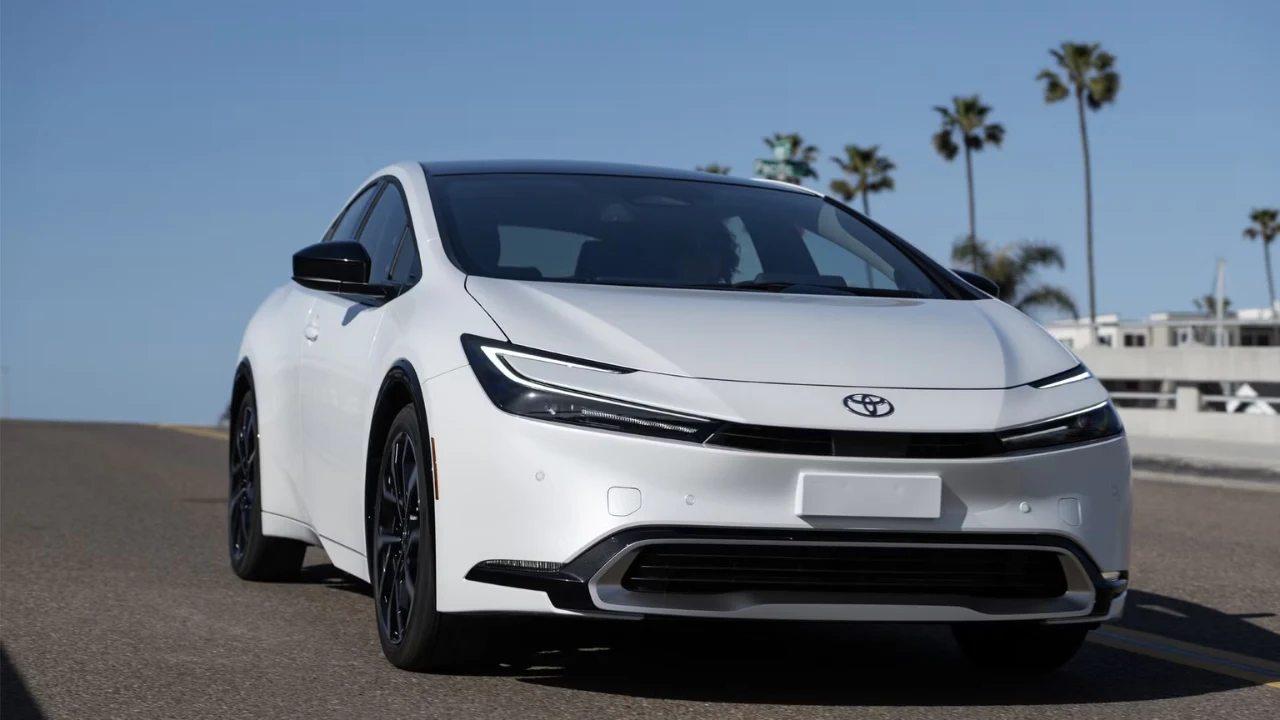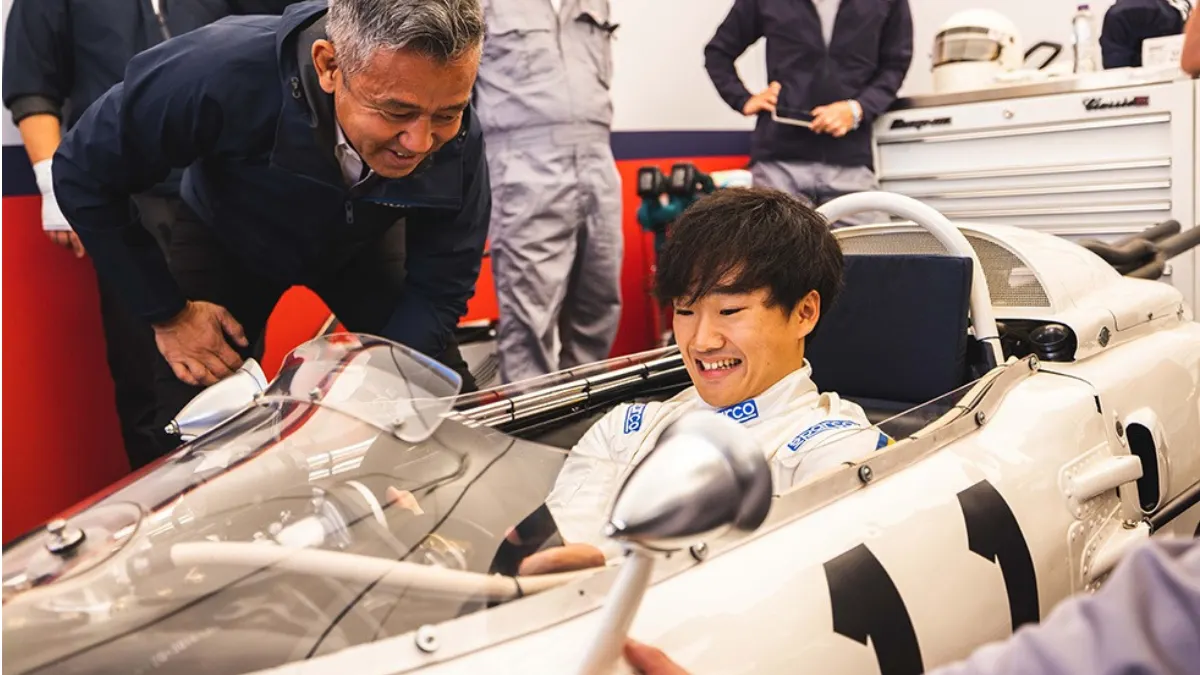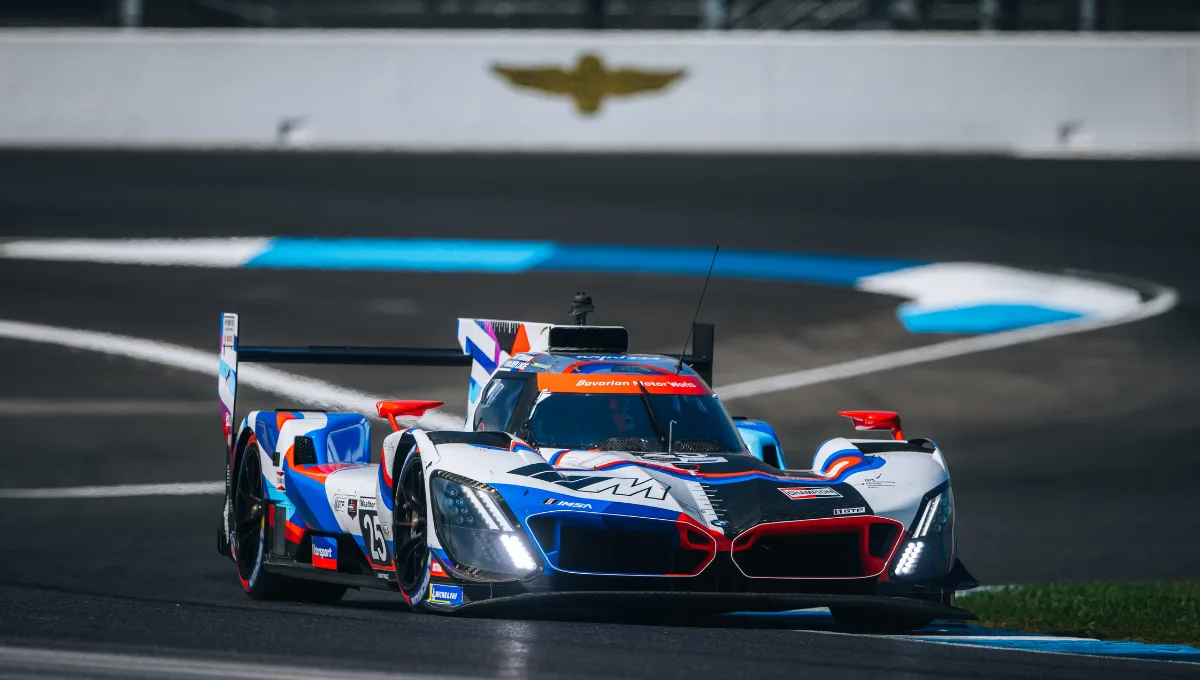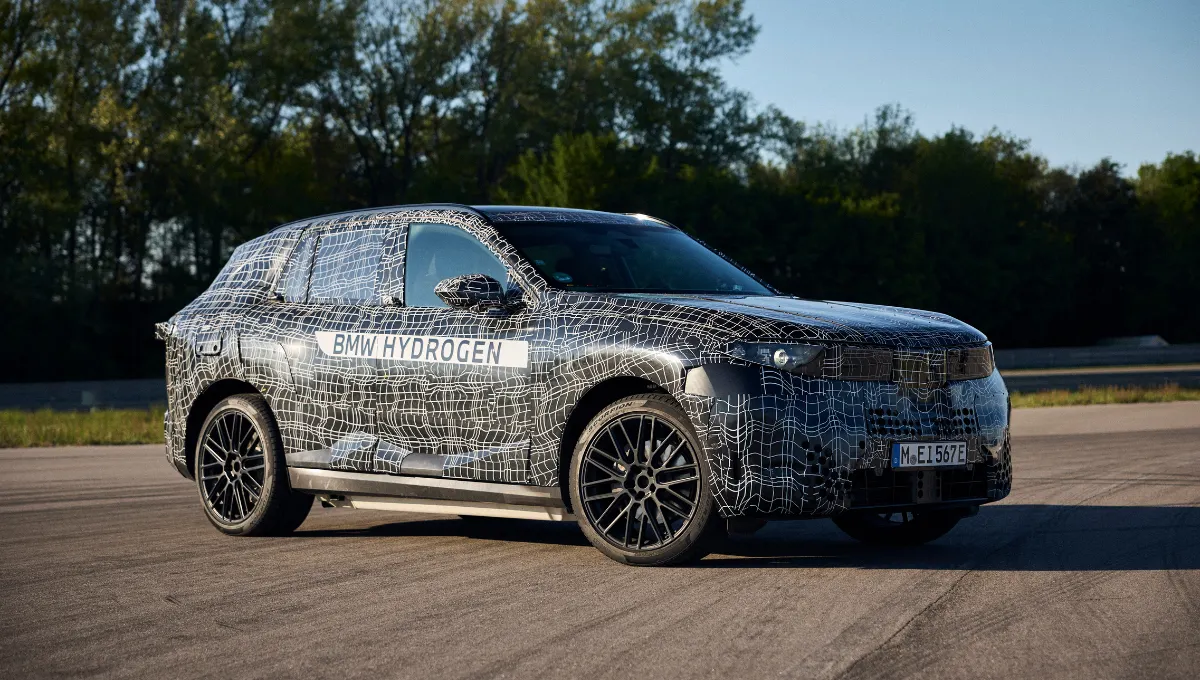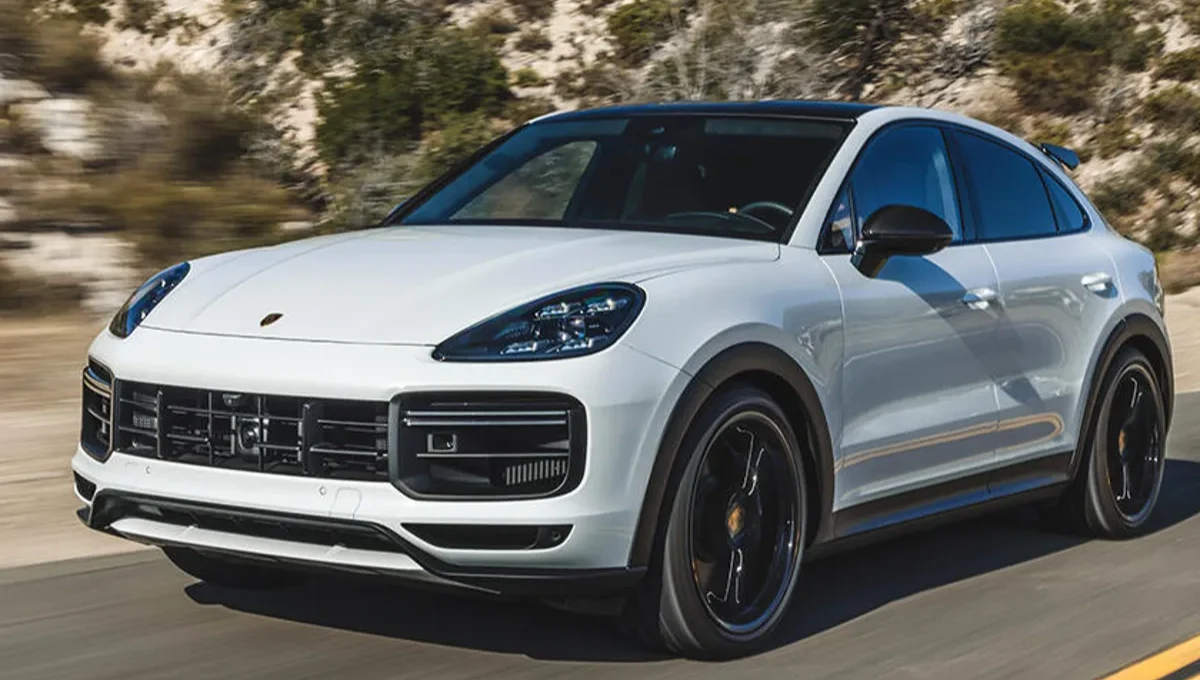Many plug-in hybrid owners rarely charge their vehicles, turning them into inefficient gas-dependent hybrids. Toyota believes it has found a science-driven solution to this problem, and it comes in the form of a cleverly designed smartphone app.
Toyota’s Behavioral Science Approach
The automaker’s research institute developed a prototype app called ChargeMinder, which uses behavioral science to encourage owners to plug in at the right time. Instead of sending endless notifications, the app delivers “Just-In-Time Charging Reminders”—well-timed nudges when drivers are most likely to forget or get distracted.
Read More: Porsche Taycan Turbo GT Sets Quarter-Mile Record in Australia
The app also includes gamification features such as streaks, progress summaries, and quizzes that make charging feel rewarding. Toyota says this approach increased real-world charging behavior among PHEV drivers while also boosting satisfaction with their vehicles.
Results From Pilot Studies
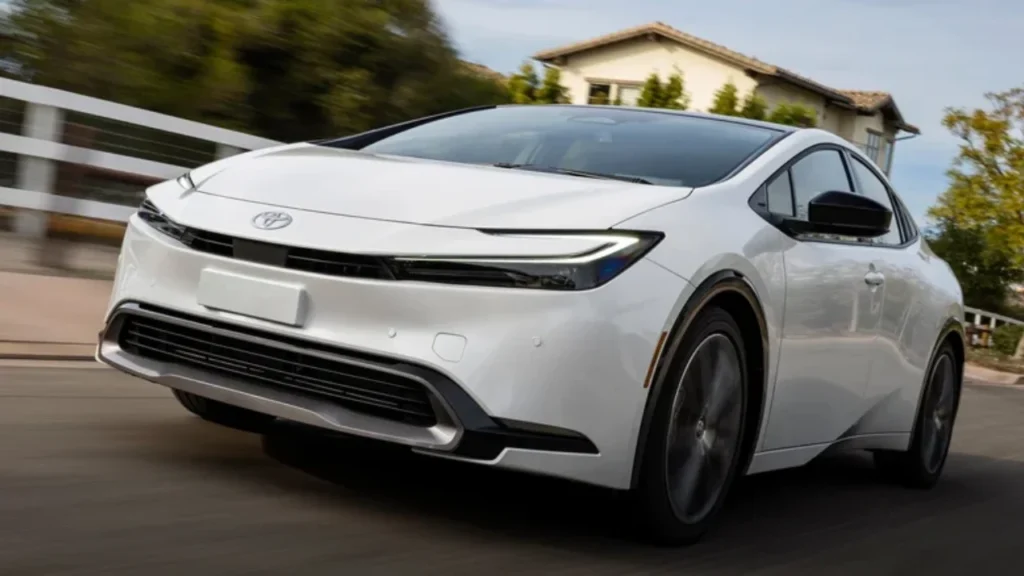
Toyota tested ChargeMinder in randomized controlled trials across the United States and Japan:
- U.S. Trial: About 100 PHEV owners participated. Those who received reminders charged 10% more often than the control group. Satisfaction with their vehicles also increased by 16 percentage points, reaching a perfect 100%.
- Japan Trial: Another 100 volunteers used the app, which emphasized charging during solar peak hours. As a result, drivers increased daytime charging by 59%, averaging nearly 30 extra minutes of solar-powered charging per day.
These findings show that even small, well-timed prompts can create meaningful changes in driver behavior, reducing emissions and improving customer experience.
What’s Next for ChargeMinder?
Toyota says the app is not yet available to the public, but further testing is planned with broader audiences. In the long run, ChargeMinder could appear in app stores worldwide, helping plug-in hybrid and EV owners use cleaner energy more efficiently.
Read More: Hyundai Unveils Concept THREE, a Compact EV for Urban Europe
“Technology is not the only way to reduce emissions—people’s choices matter too,” said Dr. Gill Pratt, Toyota’s Chief Scientist and CEO of the Toyota Research Institute. “Science-based behavioral interventions can help us cut carbon faster and make drivers happier with their cars.”
